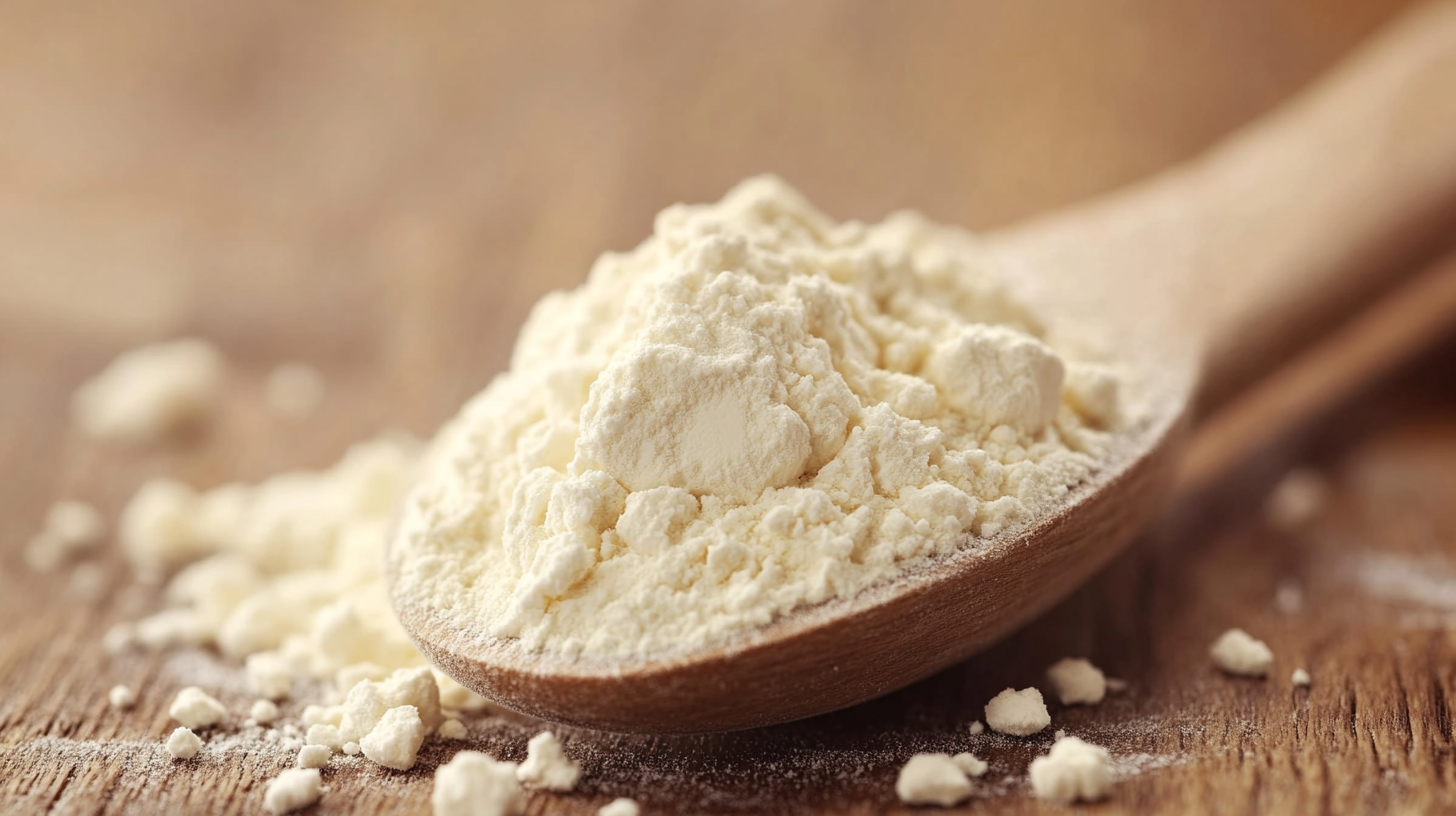
The research behind creatine and athletic performance
Let’s take a closer look at the mechanics of creatine. Creatine is a naturally produced substance found in your muscles, playing a vital role in generating energy during high-intensity workouts. Consider it your body’s personal energy enhancer, assisting you in maximizing your efforts when you’re pushing your limits at the gym.
By using creatine supplements, you’re effectively boosting the quantity of creatine in your muscles. This leads to more energy available for those quick bursts of strength, whether you’re lifting, sprinting, or performing any explosive actions. The underlying principle is quite simple: more creatine results in increased ATP (adenosine triphosphate), which serves as the energy source for your muscles to contract. Increased ATP allows for more intense and extended training sessions. Easy enough, right?
But here’s the twist — it’s not targeted solely at serious gym enthusiasts. Research indicates that creatine may also be beneficial for endurance athletes, aiding in faster recovery between rigorous workouts. It’s like giving your muscles a little power-up during demanding training sessions.
The greatest aspect? Your body is already equipped to utilize creatine. It’s not an alien substance you’re introducing. You’re merely replenishing your reserves, so to speak. And let’s face it, who wouldn’t want a little extra energy when aiming to crush their personal bests?
So, if you’re curious about why creatine is so popular in the fitness community, it’s because the evidence supporting it is quite robust. Just keep in mind that it’s not an enchanting powder that will transform you into a superhero overnight, but it will surely aid you in training intensely.
Possible advantages and drawbacks of creatine supplements
Now, let’s explore the positives — the potential advantages of creatine supplements. To begin with, if your goal is to boost muscle mass, creatine is your ally. Research has demonstrated that it enhances the water content within muscle cells, causing them to expand and supporting muscle development. It’s akin to providing your muscles with a hydration kick, which could facilitate their growth and strength over time.
Yet, it goes beyond simply adding bulk. Creatine also enhances strength and power, making it a preferred choice among athletes and fitness enthusiasts. Whether you’re lifting weights or engaging in some vigorous HIIT sessions, creatine can enable you to exert yourself more for extended periods. It’s like having an additional gear when tackling those final reps.
Another benefit? Recovery. Creatine has been shown to lessen muscle soreness and inflammation following rigorous exercise. So, if you’re someone who enjoys challenging workouts but dislikes the DOMS (Delayed Onset Muscle Soreness) that follows, creatine could be your new partner.
However, before you start incorporating it into your protein shake, let’s discuss the risks. Although creatine is generally deemed safe for most individuals, there are several factors to consider. For one, some may experience water retention, leading to a bloated sensation. Not ideal if you’re getting ready for a beach outing, yet perhaps a small trade-off for your fitness gains, right?
Then there’s the topic of dosage. More doesn’t always equal better. Consuming excessive amounts of creatine can result in stomach cramps, nausea, and digestive issues. Stick to the recommended intake — typically around 3-5 grams daily — and you should be fine.
Lastly, if you have any pre-existing kidney concerns, it’s wise to consult with your doctor before starting with creatine. While research hasn’t indicated a direct association between creatine and kidney damage in healthy individuals, it’s always safer to err on the side of caution.
Thus, while creatine can be a valuable part of your supplement regimen, it does come with some potential drawbacks. Nevertheless, for the majority, the advantages significantly outweigh the risks. Just remember to use it judiciously, and you’ll be on track to achieve your fitness aspirations.
